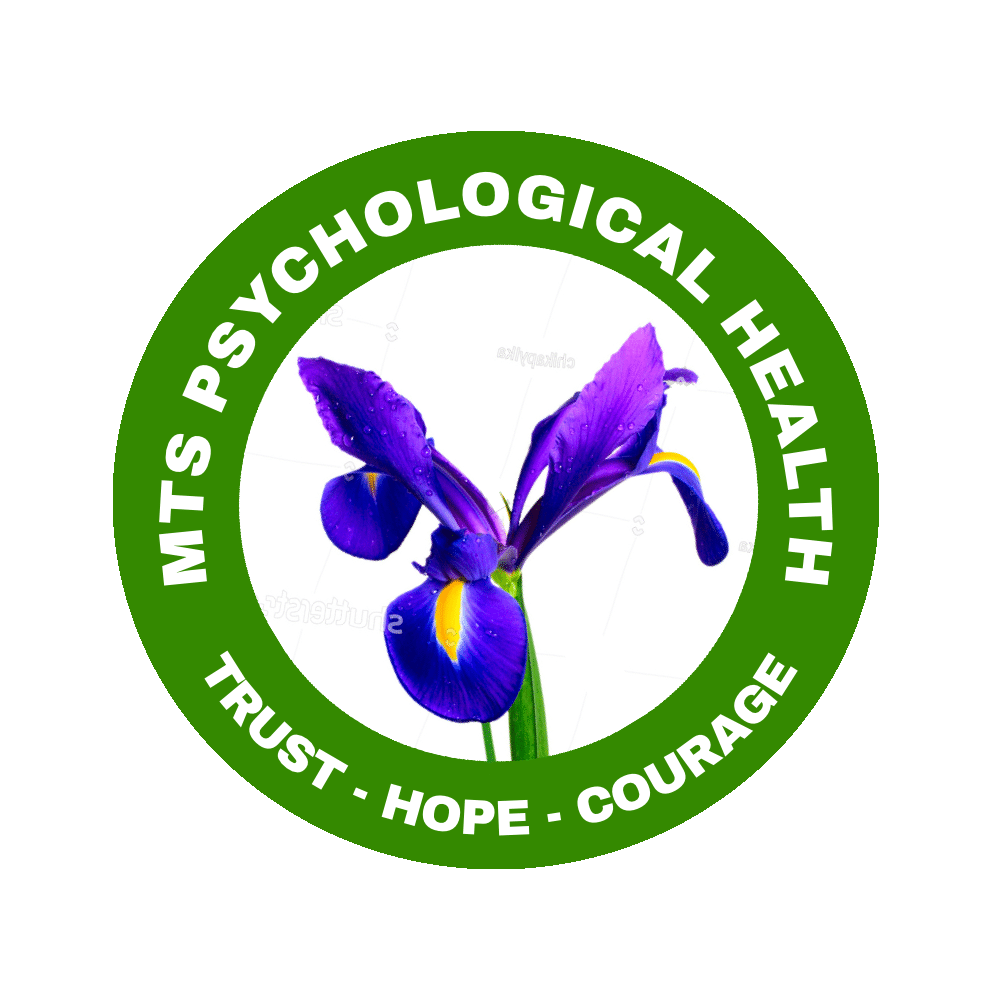The end of a holiday often feels like the end of a dream. One moment we’re basking in the sun, exploring new places, or simply enjoying the luxury of doing nothing. The next, we’re staring at a screen, trying to remember a password, and wondering how we’ll cope with so many meetings.
This jarring transition from relaxation to routine is more than just inconvenient – it can have a real impact on our mental wellbeing.
The reality of post-holiday blues
Post-holiday blues are a common emotional response to returning to work after a break and can show themselves with a range of symptoms, including:
– Low mood or irritability
– Fatigue or lack of motivation
– Difficulty concentrating
– Feelings of anxiety or stress
Although these feelings are often temporary, they can be surprisingly intense. After a period of rest and freedom, the structure and demands of work can feel overwhelming. For some of us, the contrast between holiday joy and work stress can even trigger deeper emotional responses, especially if our job is a source of dissatisfaction or burnout.
Why do we feel this way?
There are several psychological and physiological reasons why returning to work can be tough for us, such as:
1. Disrupted routine
Holidays often involve a break from regular sleep schedules, eating habits and daily responsibilities. When we return to work, our bodies and minds need time to readjust. This disruption can lead to fatigue and irritability.
2. Loss of autonomy
During holidays, we have control over our time. We choose what to do, when to do it and how to spend our energy. Returning to a structured work environment can feel like a loss of freedom, which can be demotivating.
3. Contrast effect
The stark contrast between the pleasure of holidays and the pressures of work can amplify negative feelings. Even if we enjoy our job, the shift from leisure to labour can feel like a letdown.
4. Unrealistic expectations
Many of us return to work expecting to be instantly productive and energised. When reality doesn’t match these expectations, it can lead to frustration and self-criticism.
The impact on mental wellbeing
While post-holiday blues are usually short-lived, if they’re not addressed they can contribute to longer-term mental health issues. For people already dealing with stress, anxiety or burnout, returning to work can exacerbate these conditions.
Workplaces that demand high performance without acknowledging the need for recovery can unintentionally create environments where mental wellbeing is compromised. Employees may feel guilty for not being “100% back” leading to a cycle of stress and self-doubt.
Strategies to ease the transition
Fortunately, there are practical ways to manage post-holiday blues and protect our mental wellbeing:
1. Ease back in
If possible, avoid scheduling meetings or deadlines on the first day back. Use the day to catch up, organise our tasks and mentally prepare for the week ahead.
2. Set realistic goals
Don’t expect to be at peak productivity immediately. Set small, achievable goals for the first few days and celebrate progress rather than perfection.
3. Maintain holiday habits
Incorporate elements of our holiday into the daily routine. Whether it’s a morning walk, reading before bedtime or cooking a favourite dish, these habits can help maintain a sense of balance.
4. Practice mindfulness
Mindfulness techniques such as meditation, deep breathing or keeping a journal can help us stay grounded and reduce anxiety. Even a few minutes a day can make a difference.
5. Talk about it
Plenty of people will be feeling the same way, so sharing our feelings with colleagues or friends can normalise the experience and provide emotional support.
6. Plan our next break
Having something to look forward to can boost our mood and motivation. Even the prospect of a day off or a weekend away can provide a psychological lift.
What employers can do
Organisations play a crucial role in supporting employees during the post-holiday transition. Here are a few ways in which employers can help:
– Encourage flexible scheduling during the first week back.
– Promote mental health resources, such as counselling or wellness programmes.
– Foster a culture of empathy, where employees feel safe discussing their challenges.
– Recognise the value of rest and avoid glorifying overwork.
By acknowledging the emotional impact of returning to work, employers can create healthier, more supportive environments that benefit both individuals and teams.
Reframing the return
Instead of viewing the end of a holiday as the end of joy, we should try to see it as a new beginning. Returning to work is an opportunity to apply the clarity, creativity and energy gained during our time off. For many of us it’s a chance to reset our intentions, reconnect with colleagues and re-engage with meaningful goals.
We might not be able to recreate the beach or the mountains in our workplace, but we can carry the mindset of rest and renewal into our daily life. With the right strategies and support, the transition back to work can be less of a crash and more of a gentle landing.
It’s worth remembering that post-holiday blues are a natural part of the human experience. They remind us of the importance of rest, the value of balance and the need to care for our mental wellbeing.
+++
Here at MTS Psychological Health, I am passionate about your mental health and emotional wellbeing. Don’t suffer psychological issues in silence: get in touch and discover how I can help you to alleviate a range of anxiety and depression symptoms from mild to severe presentations.
We can discuss the best clinical way to alleviate your suffering, which may be either through a course of psychoanalytic psychotherapy or with EFT (Emotional Freedom Technique / Tapping) and Aromatherapy, so you can enjoy life to the full again.
Further reading
ACAS: Managing work-related stress
NHS: Work-related stress
Mind: Mental health at work

